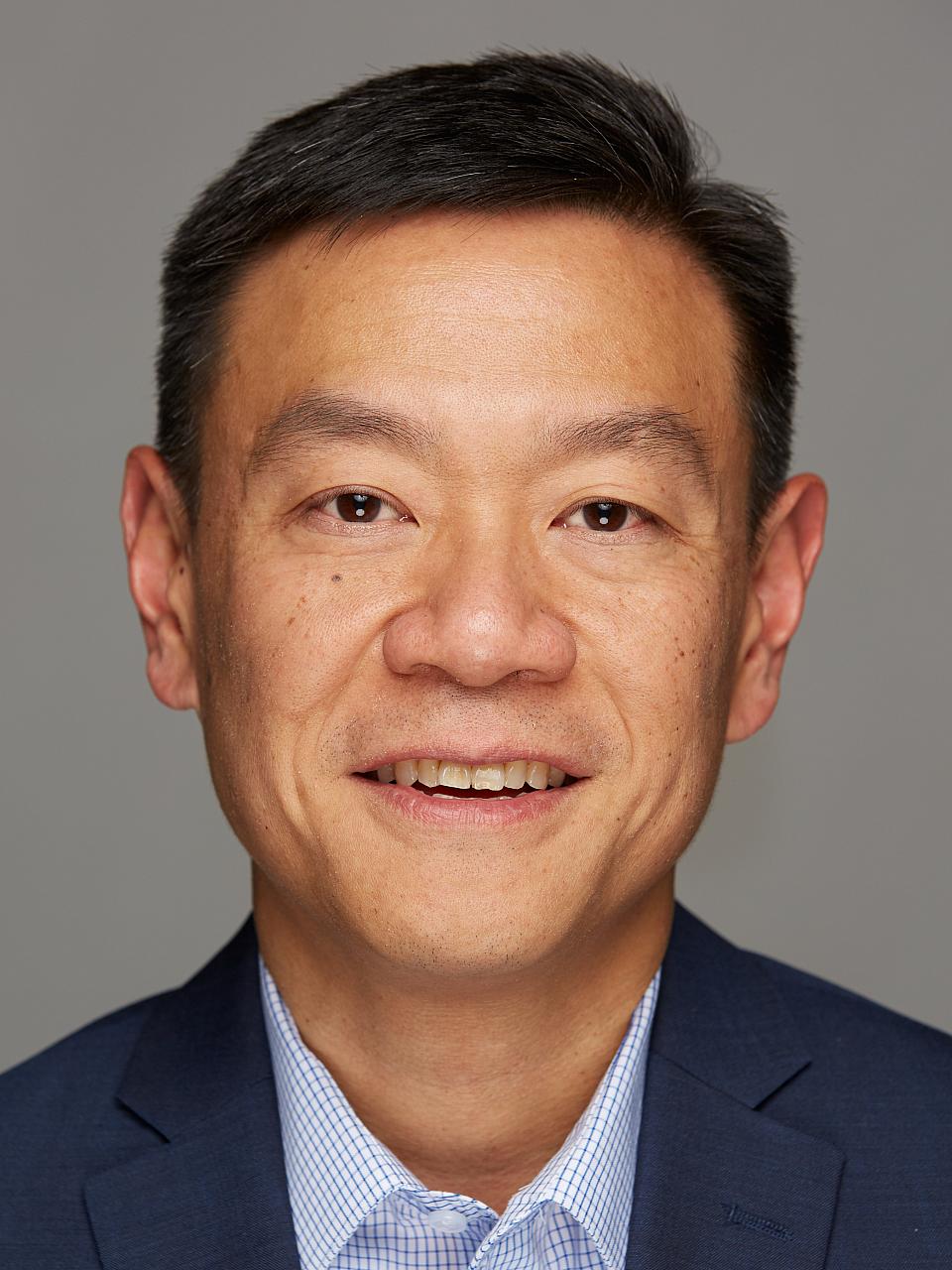Voices of U of U Health
Living Your Own Life Agenda: Finance
This is the seventh blog in a series aimed to help you develop a stronger life agenda. We will use the domains defined in the life wheel. Each blog in the series will focus on one domain with prompts and exercises to help you learn more about shaping your agenda for that domain.
Many people take no care of their money till they come nearly to the end of it, and others do just the same with their time.
– Johann Wolfgang von Goethe
Every Tuesday, I have a ritual of looking at my bank account and expressing gratitude for the money that is there. This may sound like an odd practice, but it’s a ritual born out of experiences earlier in life. I used to profess an indifference to money. I considered myself to be “above” caring about it.
For many years, I paid little attention to how much money was in the bank. As a result, the amount of money grew very slowly. When we were thinking about buying a new home for our family, we couldn’t afford to do it because we didn’t have enough money.

What You Appreciate, Appreciates
One of the main purposes of this blog series is to promote higher quality attention to aspects of your life—so that those aspects of your life will improve. For example, if you pay attention to your health, perhaps by eating a better diet and exercising more, your health will improve. If you pay attention to your family, perhaps by spending quality time with them, your relationship with your family improves.
Anything that you give quality attention to, that aspect of your life will improve.
Because I paid so little attention to my financial condition, that aspect of my life did not develop much. Ironically, instead of not worrying about money, my family and I worried much more about money because we were at risk of not having enough. Eight years ago, I decided to transform my relationship with money. That is, I decided to have a healthy relationship with money and to appreciate it instead of ignoring it.
A wise person should have money in their head, but not in their heart.
– Jonathan Swift
Is Money Really the Root of All Evil?
Many of us have a mixed relationship with money. We’ve been told in various ways that money is the root of evil. We are conditioned to view money negatively, and so we repress our desire for money in some ways. However, that repression still surfaces in our behavior. The society we live in, and organizations where we work, claim money is not their primary focus. Yet, both are driven by making and accumulating it.
I understand the predicament of modern organizations because I have lived it personally as an individual. In our mixed relationship with money, we deny that we care about it, but we are secretly driven by it. We have money, but we don’t feel that we ever have enough. To say money is the root of evil is not entirely accurate. In reality, the love of money is the root of all of evil. Aha! Money is not innately bad. It’s the obsession and desire for money that becomes the downfall.
I challenge you to move the resources that flow through your life toward your highest commitments and ideals, those things you stand for. I challenge you to hold money as a common trust that we’re all responsible for using in ways that nurture and empower us, and all life, our planet, and all future generations. I challenge you to imbue your money with soul—your soul—and let it stand for who you are, your love, your heart, your word, and your humanity.
– Lynne Twist, The Soul of Money: Transforming Your Relationship with Money and Life
Having a Healthy Relationship with Money
After decades of ignoring finances, I started viewing money as an aspect of life’s abundance. I could use it to go out and enjoy good food, take meaningful trips with my family, and contribute to the livelihood of others. I feel gratitude for the abundance that life has provided.
Within the course of our lives, we will all have resources flow through us, much of it in the form of money. For some, the flow will be a torrent, and for others, a trickle. It doesn’t really matter either way because none of the flow belongs to us anyway. It just passes through us. Our responsibility is to be good stewards of that flow. For me, being a good steward means to pay attention to it and appreciate it. Through this attitude, I aim to have a healthy relationship with money and to use it judiciously in the service of life.
Next time, we’ll explore the leisure domain of the life wheel. What helps you relax and unwind? How do you prioritize leisure time? We’ll share ideas for setting boundaries between work and leisure.
Other Blogs In This Series
Living Your Own Life Agenda: Family
Living Your Own Life Agenda: Career
Living Your Own Life Agenda: Social
Living Your Own Life Agenda: Intellectual and Learning
Living Your Own Life Agenda: Health
Living Your Own Life Agenda: Leisure
